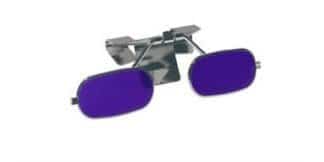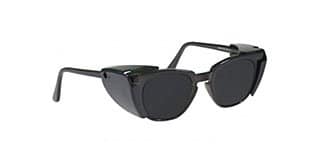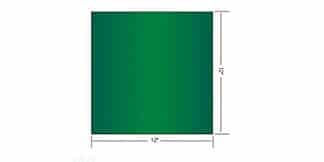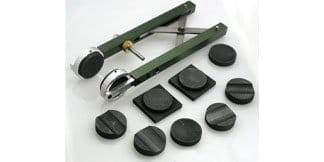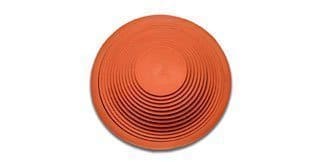It wasn’t until the 17th century that people discovered the principles of single vision lenses. They discovered that concave and convex lenses improve two common types of vision deficiencies. They realised that a concave shaped glass lens improves nearsightedness while convex shaped glass lens improves farsightedness. These design principles have helped generations with their vision impairments.
Presently, single vision lenses are the most common lens. Approximately 64% of adult Americans wear glasses or will need a pair in the future. It is frequent that most adults in their 20’s and 30’s have problems with nearsightedness or farsightedness; the two most common vision impairments. Since these lenses improve people’s reading skills and allow them to see distant objects more clearly, most adults can be seen wearing this type of lens.
Single vision lenses have little to no adjustment period, and are also the most affordable lens type. The cost can vary, but ranges from £5-£500. Over-the-counter reading glasses are often the most affordable and are for those with minimal impairment to their vision, but generally don’t offer as clear a picture as purpose made lenses.
Varying on the level of impairment, it is recommended to get a prescription. Buying single vision lenses, or other types of lenses, without a proper prescription can further damage someone’s eyes.
When it comes to eye safety, it is recommended that polycarbonate or Trivex lenses are used as they are the safest material for eyeglasses, sunglasses, and sports eyewear. Plastic lenses provide equal protection and are much lighter, but can be easily scratched.
Costs may rise depending on lens material, index (thickness), and brands. For people who have strong prescriptions, the prices can increase significantly for their lenses. Single vision lenses can only correct one vision depth, though, for people who need multiple vision depths corrected, they should consider either bifocal or trifocal lenses. No mater which glasses you need, you can be assure that our knowledge and technology have come a long way since 1784.

